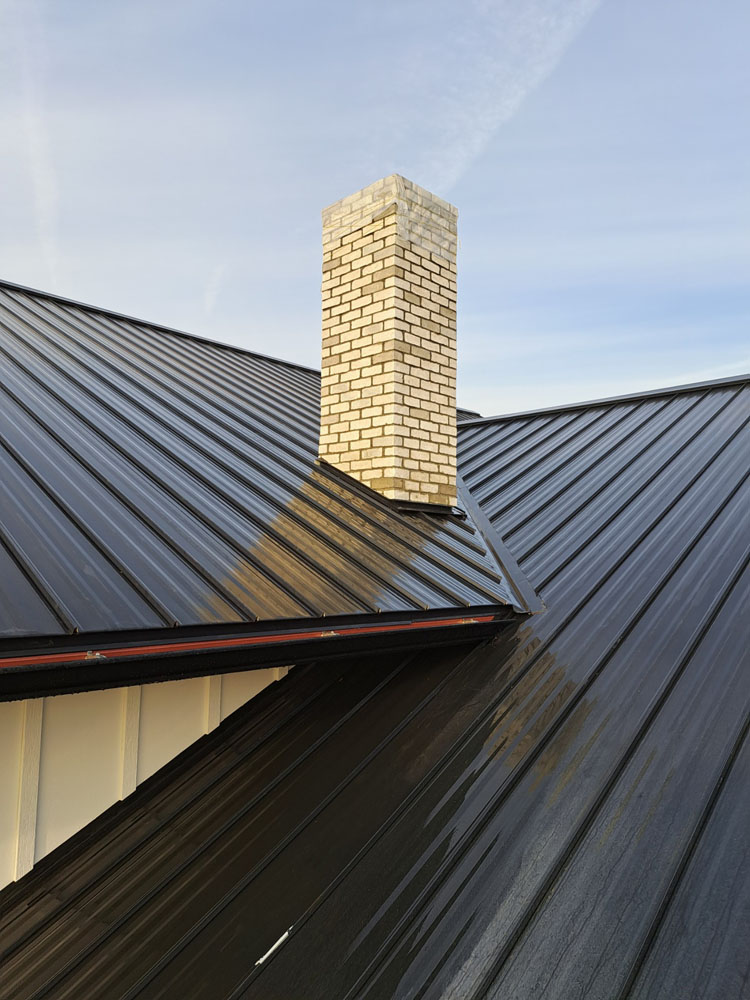Introduction
Masonry is an ancient building technique that has stood the test of time, offering strength and durability to structures around the world. Whether you're planning a new construction project, renovating an existing space, or simply curious about how masonry works, understanding the different types of masonry is crucial. In this article, we'll dive deep into the world of masonry and provide insights that only seasoned professionals can offer.
From brick and stone to concrete block and beyond, each type of masonry has its own set of characteristics, advantages, and applications. You might be wondering: Why should I care about these differences? Well, knowing which type suits your needs can save you time and money while ensuring your project's success.
So let's roll up our sleeves and explore the fascinating realm of masonry!
Understanding Different Types of Masonry – Let Professionals Guide You!
What is Masonry?
Masonry refers to the construction method that uses individual units—like bricks or stones—laid in mortar to create walls, buildings, and other structures. This technique boasts benefits such as resistance to fire, durability against weathering, and aesthetic appeal.
But why go for masonry over other construction methods? For starters:
- Strength: Masonry structures can withstand significant loads. Thermal Mass: They help in maintaining temperature. Aesthetic Appeal: Various materials allow for creative designs.
In short, masonry is not just about stacking bricks; it’s a craft that combines artistry with engineering.
Types of Masonry
Brick Masonry
Brick masonry involves the use of fired clay bricks bonded together with mortar. It's one of the most popular forms due to its versatility.
Advantages- High compression strength Fire resistant Low maintenance
- Residential homes Commercial buildings Decorative facades
Stone Masonry
Stone masonry uses natural stones like granite or limestone. The beauty lies in its unique textures and colors.
Advantages- Extremely durable Eco-friendly (natural material) Timeless aesthetic
- Historical buildings Landscaping features Retaining walls
Concrete Block Masonry
Concrete blocks are larger than bricks and are manufactured from cement aggregates.
Advantages- Cost-effective Good insulation properties Quick to install
- Foundations Garage walls Industrial buildings
CMU (Concrete Masonry Unit) Construction
CMUs are standardized rectangular blocks made from concrete that provide structural integrity.
Advantages- Uniformity in size and shape Versatility in design Soundproofing qualities
- Schools Warehouses High-rise buildings
Choosing the Right Type for Your Project
When it comes to selecting a type of masonry for your project, several factors come into play:
- Budget: Some types like brick can be more expensive than concrete blocks. Purpose: A decorative wall may need different materials than a structural foundation. Local Climate: Some materials hold up better against certain weather conditions.
Consulting with a professional masonry contractor can provide tailored advice for your specific project needs.

The Role of a Masonry Contractor
A qualified masonry contractor plays an essential role in any construction project involving masonry work. They bring expertise in:
- Selecting appropriate materials Ensuring compliance with building codes Performing quality craftsmanship
It's crucial to find someone experienced who understands local regulations and has a solid portfolio.
FAQs About Different Types of Masonry
1. What is the most durable type of masonry?
Answer: Stone masonry is generally regarded as Masonry Contractor Near You in Salem the most durable due to its natural strength and resistance to various environmental factors.
2. Can I use brick for outdoor projects?
Answer: Absolutely! Brick is commonly used for outdoor projects like patios, walkways, and retaining walls thanks to its resilience against weather elements.
3. How do I maintain my masonry structure?
Answer: Regular cleaning, inspection for cracks or wear, and timely repairs can enhance longevity.
4. Is concrete block better than brick?
Answer: It depends on your project's requirements; concrete blocks are often more cost-effective but less aesthetically pleasing than brick.
5. How long does it take to build with masonry?
Answer: The timeline varies based on complexity but expect anywhere from weeks to months depending on project size.
6. Do I need a permit for a masonry project?
Answer: Generally yes; it's best practice to check local regulations before starting any construction work.
Conclusion
Understanding different types of masonry is crucial if you're considering a construction or renovation project—whether big or small! Each type offers unique advantages tailored for specific applications, making it essential to choose wisely based on your requirements and budget constraints.
By relying on professionals such as experienced masonry contractors, you ensure that you're making informed decisions backed by expertise—a step towards achieving results you'll be proud of for years to come!
So next time you think about adding some sturdy walls or elegant facades to your home or business, remember: there’s much more behind those bricks than meets the eye!
This comprehensive overview aims at local masonry experts Portland providing you with all necessary insights into understanding different types of masonry—so you don't just build; you build smart!